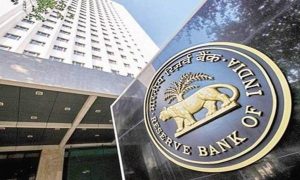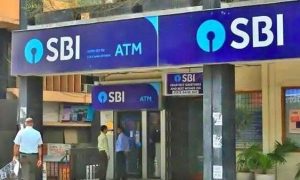With the US allowing depositors to withdraw their cash in full from crisis-hit Silicon Valley Bank (SVB), Indian startups have been able to process fund transfers worth $250-300 million in the past 24 hours, industry sources told FE. On an average, early-stage startups had cash balances of up to $2-3 million in US bank accounts, while larger startups had cash of around $20-25 million lying in SVB accounts, several founders and VCs said.
Industry players said that for funds transfer, firms need to first open new business bank accounts in the US as SVB still hasn’t resumed direct foreign transfers.
Read More: Govt May Completely Ban E-Pharmacies Like Tata 1mg, NetMeds, Medibuddy, Apollo, Others; Here’s Why
“All our portfolio companies banking with SVB have been able to move 100% of their money to other US-based banks. Cross-border transfers are not yet happening, but our portfolio companies are moving cash from SVB to another US Bank and then from there to India,” said Sanjay Swamy, managing partner at Prime Venture Partners. He said that for Indian startups, where a founder has a US social security number, a new bank account in the US can be opened faster within 24 hours. But in cases where founders do not hold a US social security, opening a US bank account could take up to five days or more.
Sourabh Deorah, co-founder and CEO, Advantage Club, which was funded by Y Combinator, said that he moved around $2 million from SVB to another US bank account that was opened within 24 hours after the crisis-hit bank announced a full withdrawal facility on Monday.
“As a business, we have operations in 100 countries with our offices in five countries. So, most of the US-based capital used to get consumed outside India itself. But with the ongoing crisis at SVB, we had to open a fresh bank account in the US to then transfer it out to other offices. Usually, a wire transfer from a US bank to an Indian bank account takes around 30 minutes, but in the past two days, there have been 2-3 hour delays as the transfer system was loaded with multiple requests,” added Deorah in an interaction with FE.
Read More: RBI allows banks from UK, 17 other countries to open Vostro accounts for rupee trade
SVB, which is currently under the receivership of the US Federal Deposit Insurance Corporation (FDIC), on March 13 said that all deposits had been transferred to Deposit Insurance National Bank of Santa Clara (DINB). DINB is a new bridge bank set up by the FDIC to primarily allow SVB depositors to access their cash on an immediate basis. Most Indian startups that are affected by the SVB collapse include those funded by US-based accelerators such as Y Combinator, where firms opt for a ‘flip structure’ with a parent entity registered in the US, particularly in Delaware. The ‘flip company’ structure has already become increasingly necessary for early-stage startups seeking to raise money from foreign investors. The process of flipping the holding structure involves transferring ownership of the company from an Indian entity to a foreign one, typically in a more investor-friendly jurisdiction.




































